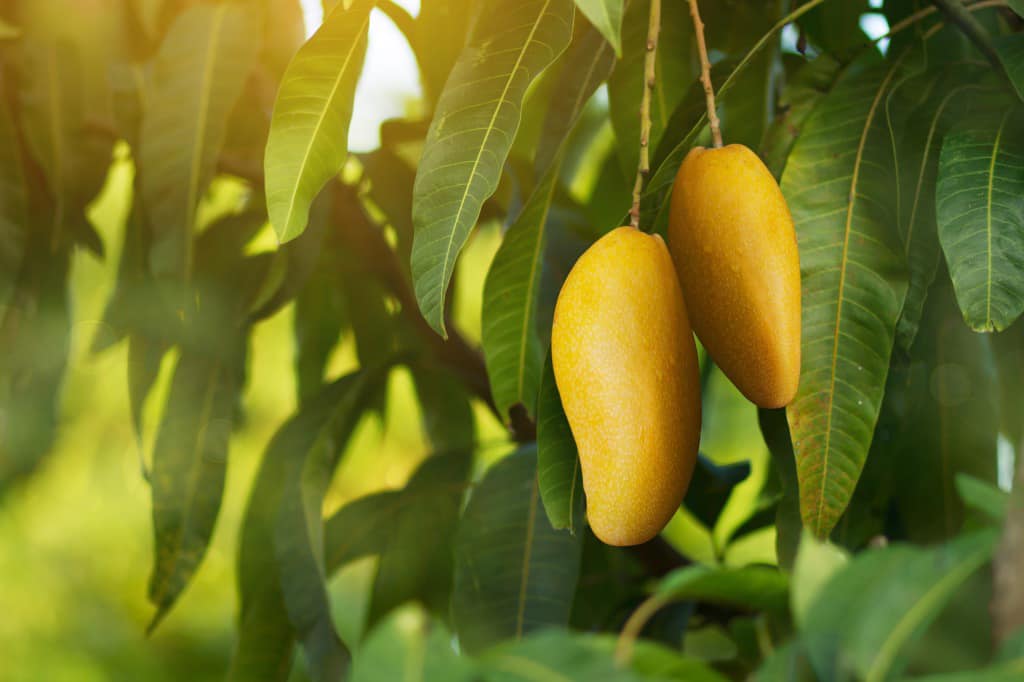485 total views
Homily for Friday of the 5th Week of Lent, 31 March 2023,Jn 10:31-42

In today’s Gospel, Jesus is responding with humor to his deractors. I honestly thought the saying about a mango tree being stoned only when it is bearing fruit was original to Filipinos. “Hindi daw binabato ang puno ng mangga maliban kung ito ay may bunga.” But this is exactly what Jesus is saying in the Gospel.
I remember in my younger years in the barrio it was a common practice among the kids during summer time like this to help themselves with fruits from mango trees when the owners were not looking. I even remember a joke asking what the best strategy is for picking some fruits from a mango tree while a monkey is busy enjoying them. The answer is: throw a stone at the monkey so that the monkey will throw mangoes at you. Clever joke, no?
Listen to what Jesus is saying in response to the people who had picked up some stones to throw at him, “I have shown you many good works from my Father.�For which of these are you trying to stone me?” That line is my evidence that he was aware of the saying about a tree being stoned only when it is bearing fruits. Maybe Jesus also did this familiar misdemeanor of naughty kids in Nazareth when he was a little boy. Maybe they did it on fig trees with ripe fruits. They knew that they could get caught by the owner if they bothered to climb the tree to pick some fruits, so they took their chances by throwing stones at them and helping themselves with a few fallen fruits.
In vv 37-38, we hear the same idea again, “If I do not perform my Father’s works, do not believe me; but if I perform them, even if you do not believe me, believe the works, so that you may realize and understand that the Father is in me and I am in the Father.”
In effect, Jesus is elaborating on the other saying, “You will know a tree by its fruits.” The fruits are the best evidence that the tree from which they came is good. This must be the background to one of the important rules of discernment of spirits. To be able to discern whether you are dealing with good spirits or evil spirits, look at the fruits.
Remember that passage where Jesus once exorcised a possessed man and some people accused him of doing this by the power of Beelzebul, meaning, the prince of demons? Jesus must have felt so offended by this accusation that he said one of his strongest statements, “every sin and blasphemy is forgivable, but blasphemy against the Spirit is unforgivable.” (Mt 12:21) You must be so ill-willed as to attribute to the evil spirit what is so obviously a fruit of the Holy Spirit. That is what our generally merciful Jesus calls “unforgivable”.
There in Matthew 12, he follows it up with a whole discourse about a tree being known by its fruits. And then he ends it in vv.36-37 with a serious warning, “…on the day of judgment people will render an account for every careless word they speak. By your words you will be acquitted, and by your words you will be condemned.”
Wow, that is a serious warning to think about especially as we reach the end of this Lenten season, and as we enter into the Holy Week. Perhaps we might consider including this in our examination of conscience in preparation for the Sacrament of Reconciliation, “Have I uttered some careless words or baseless accusations that may have caused some serious harm on other people? Words that we probably cannot take back anymore?” This is the best time to include these in our matters for confession if we do not want to held accountable for careless words on the day of judgment.


















